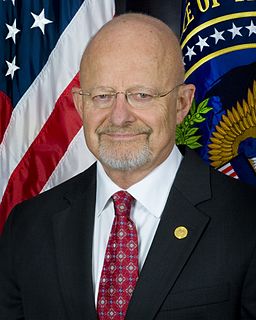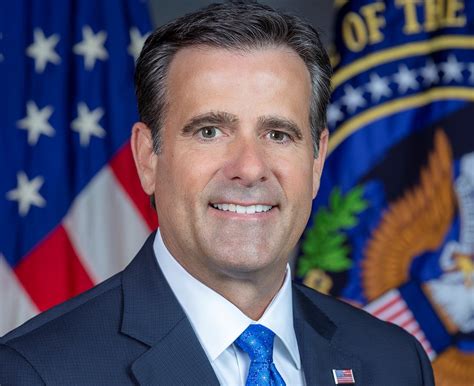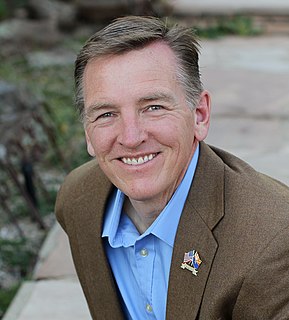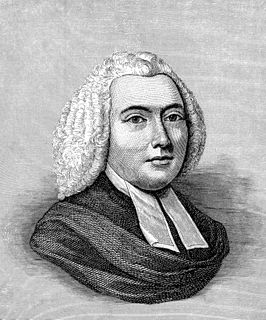A Quote by Cenk Uygur
In our system of government, the president is not supposed to be above the law. He is not a king; his word is not the law.
Quote Topics
Related Quotes
Impeachment is our system's last resort for someone who treats himself or herself as above the law, the most relevant thing is whether this president, by his recent course of action, on top of his violations of the foreign corruption or emoluments clause, this president has shone that he cannot be trusted to remain within the law and our constitution's last resort for situations of that kind is to get the person out of office.
There can be no tolerance in a law-system for another religion. Toleration is a device used to introduce a new law-system as a prelude to a new intolerance... Every law-system must maintain its existence by hostility to every other law-system and to alien religious foundations or else it commits suicide
People - pardon me, journalists and politicians - have often accused me of believing that I'm above the law. And yet, who isn't? Everywhere you prod it, even with the shortest stick, the established system isn't simply corrupt, it's unequivocally putrescent. The law is created by demonstrable criminals, enforced by demonstrable, interpreted by demonstrable criminals, all for demonstrably criminal purposes. Of course I'm above the law. And so are you.
The idea that the president doesn't interfere in law-enforcement investigative matters is one of our deep normative expectations of the modern presidency. But it is not a matter of law. Legally, if the president of the United States wants to direct the specific conduct of investigations, that is his constitutional prerogative.
I do not agree with the use of 'signing statements' to effectively act as a line-item veto, except when the President believes a law or a provision within a law is unconstitutional.In general, if a President signs a law, they are committing themselves to enforcing it. If they don't believe it should become a law, they should veto it.
The king is as much bound by his oath not to infringe the legal rights of the people, as the people are bound to yield subjection to him. From whence it follows that as soon as the prince sets himself above the law, he loses the king in the tyrant. He does, to all intents and purposes, un-king himself.


































